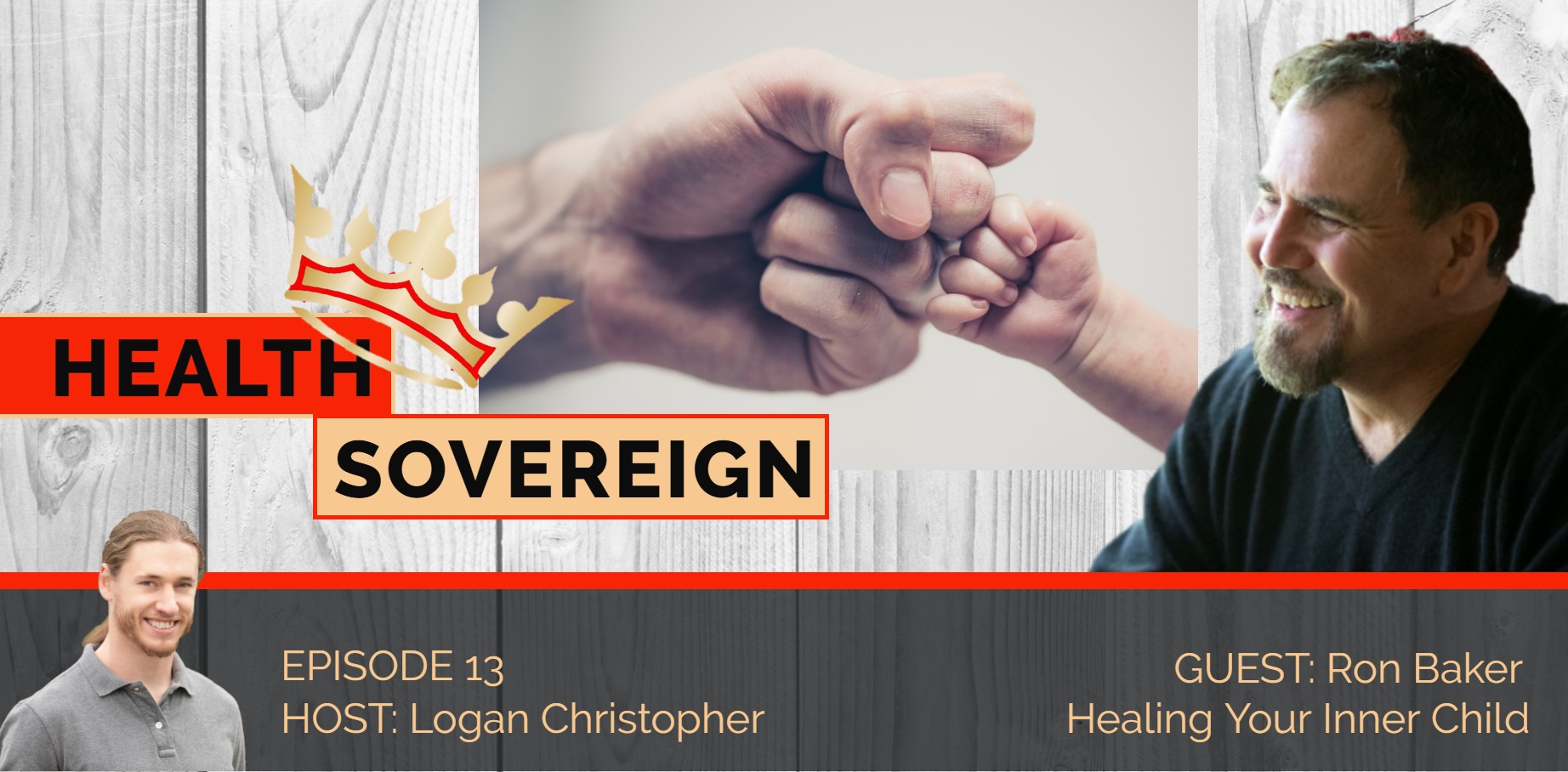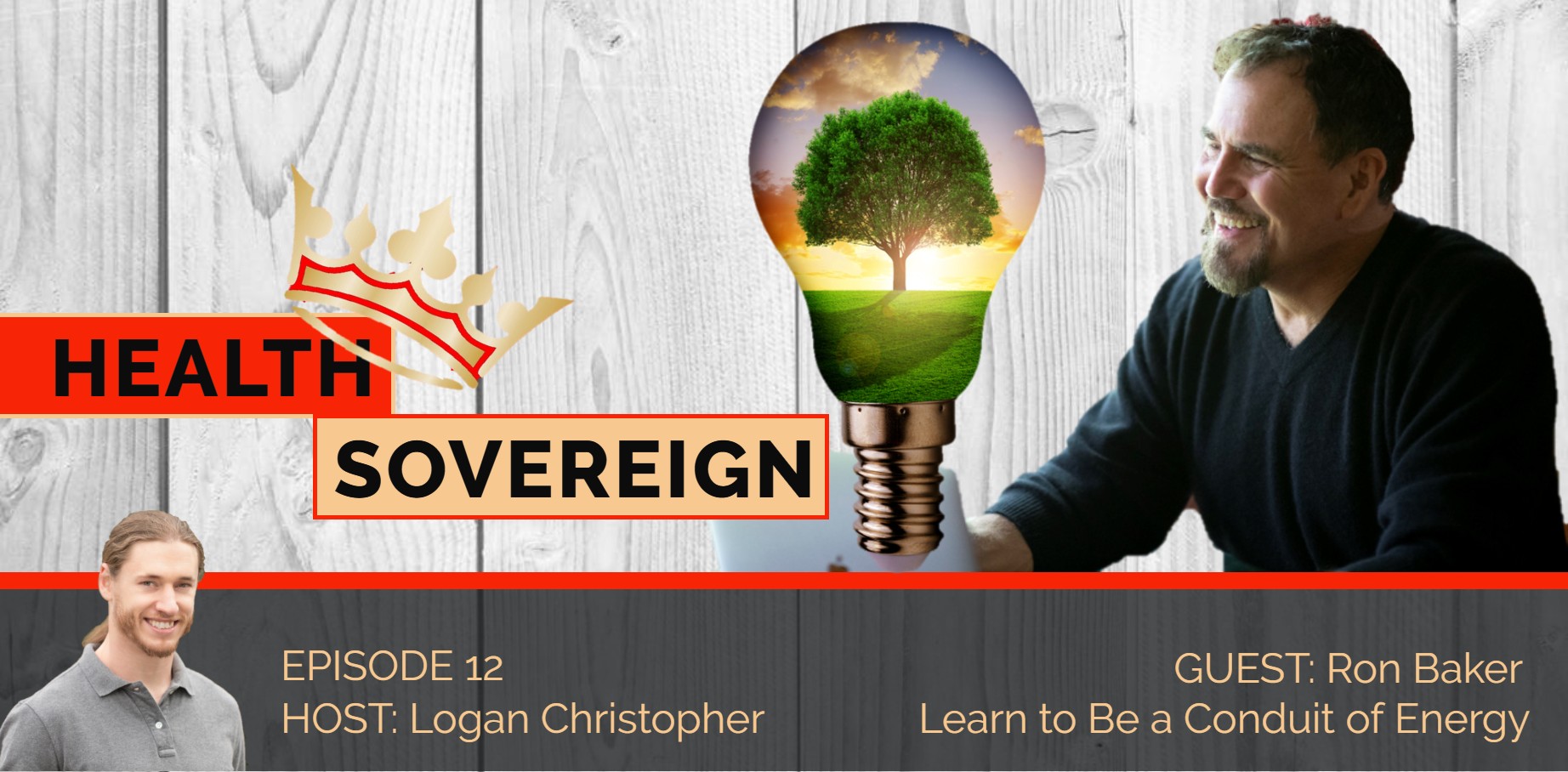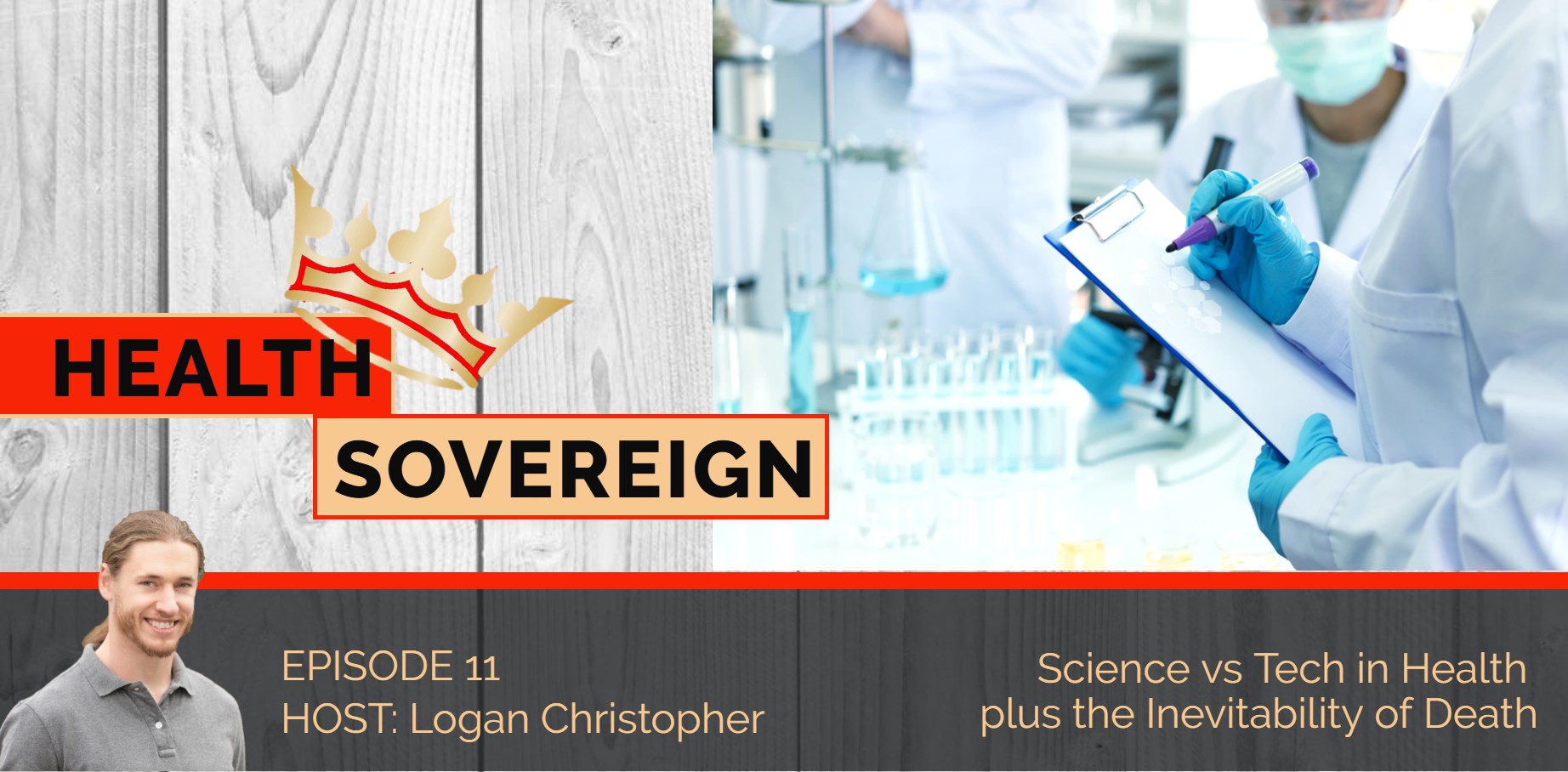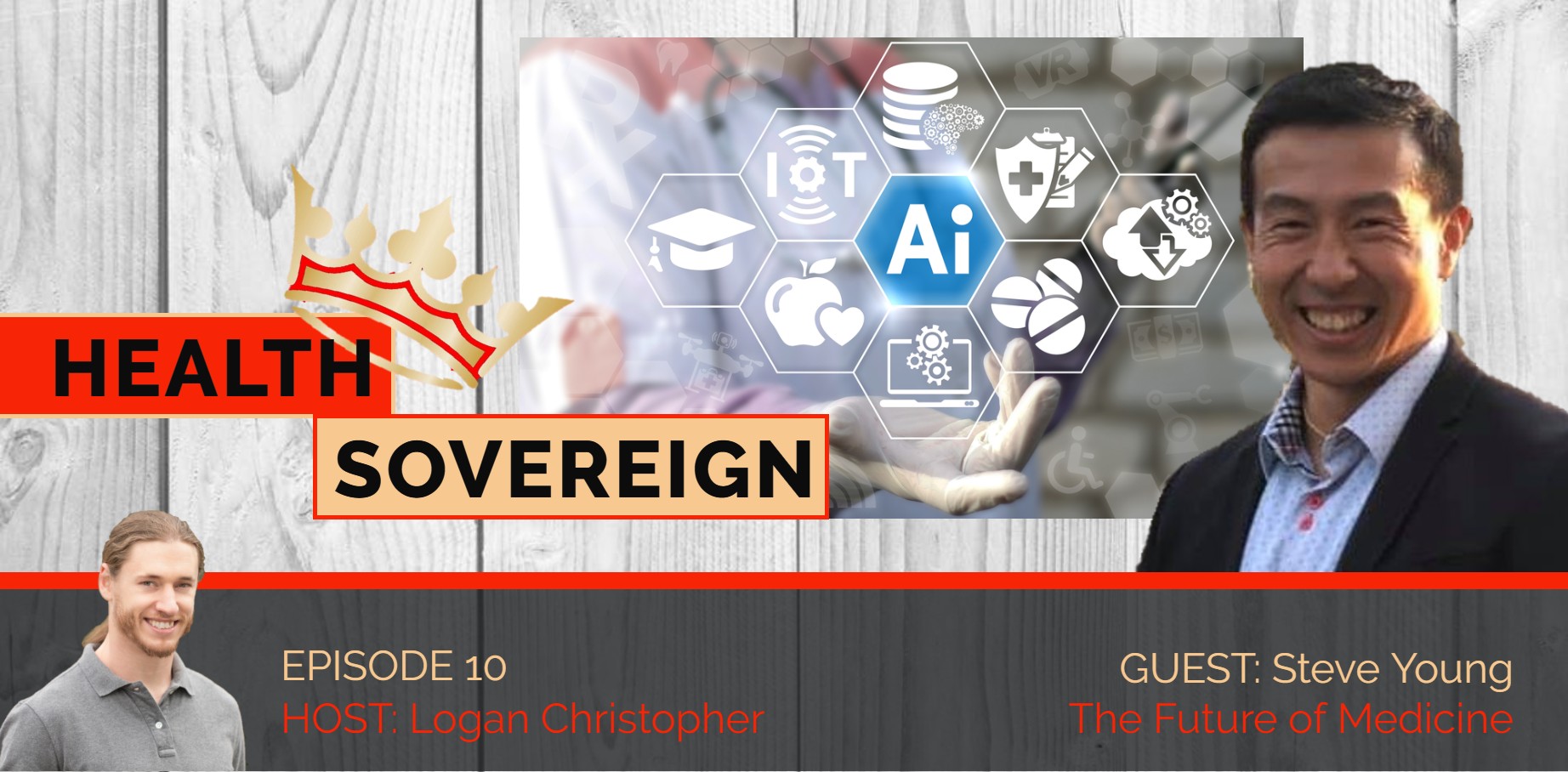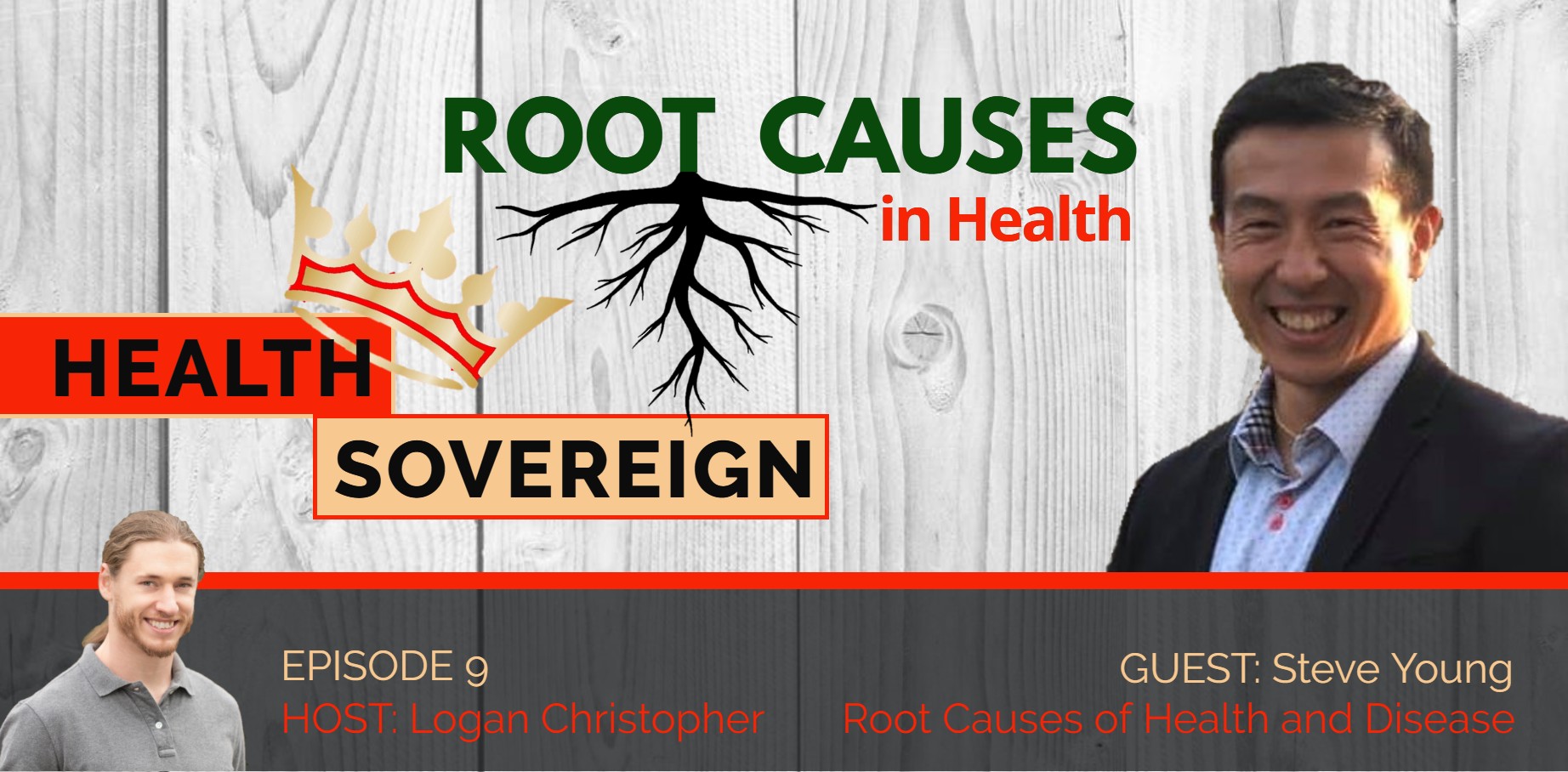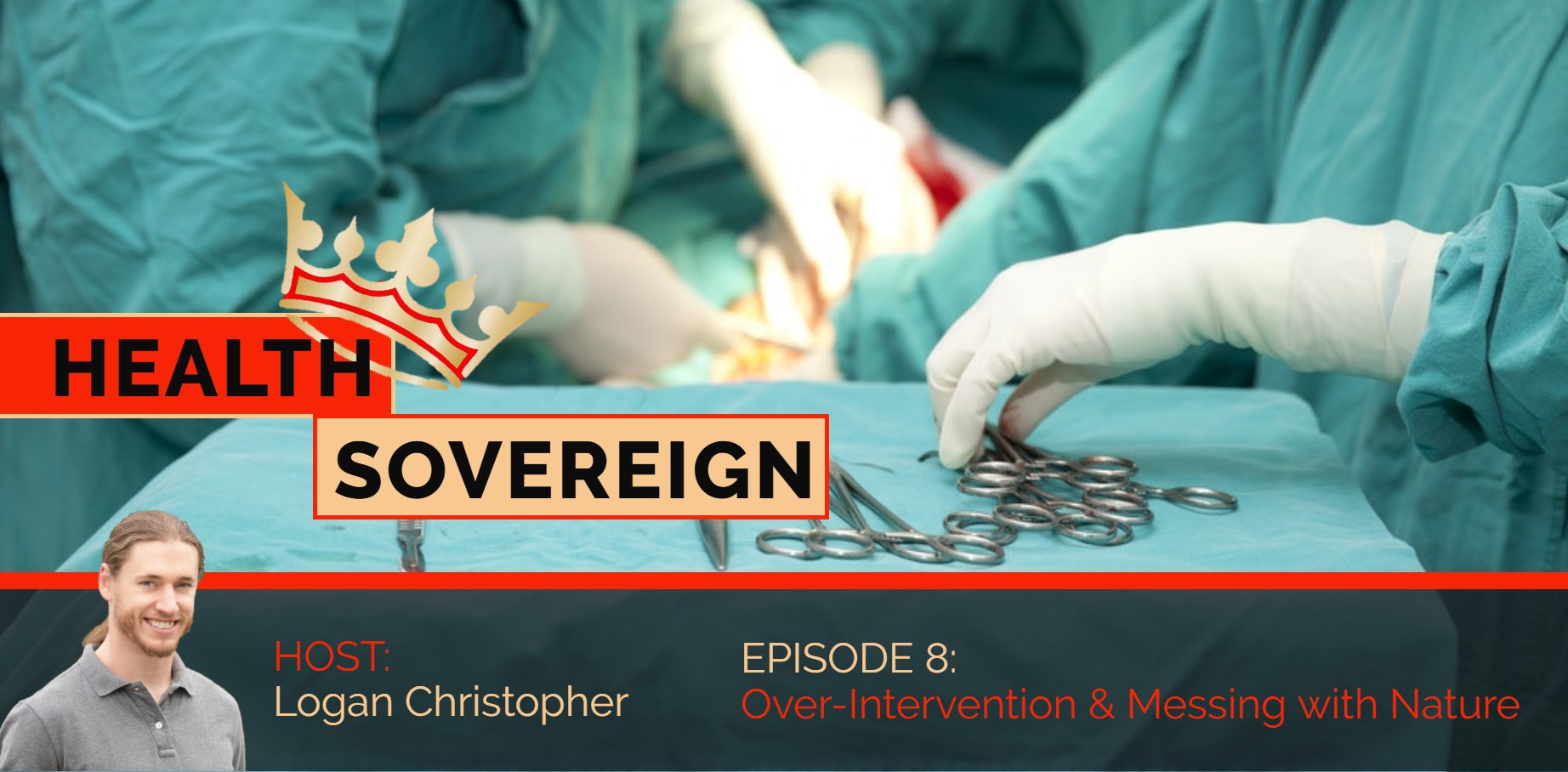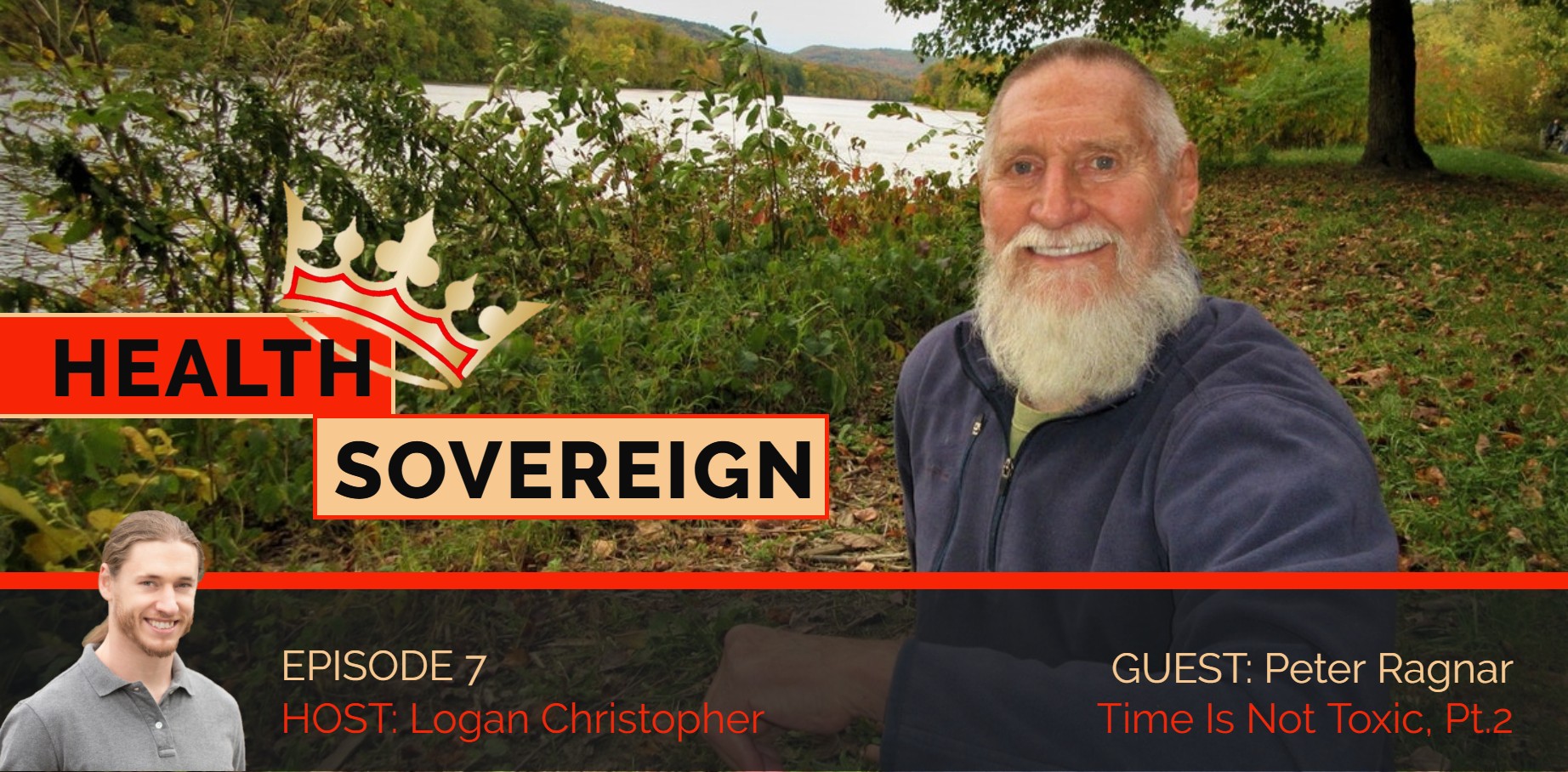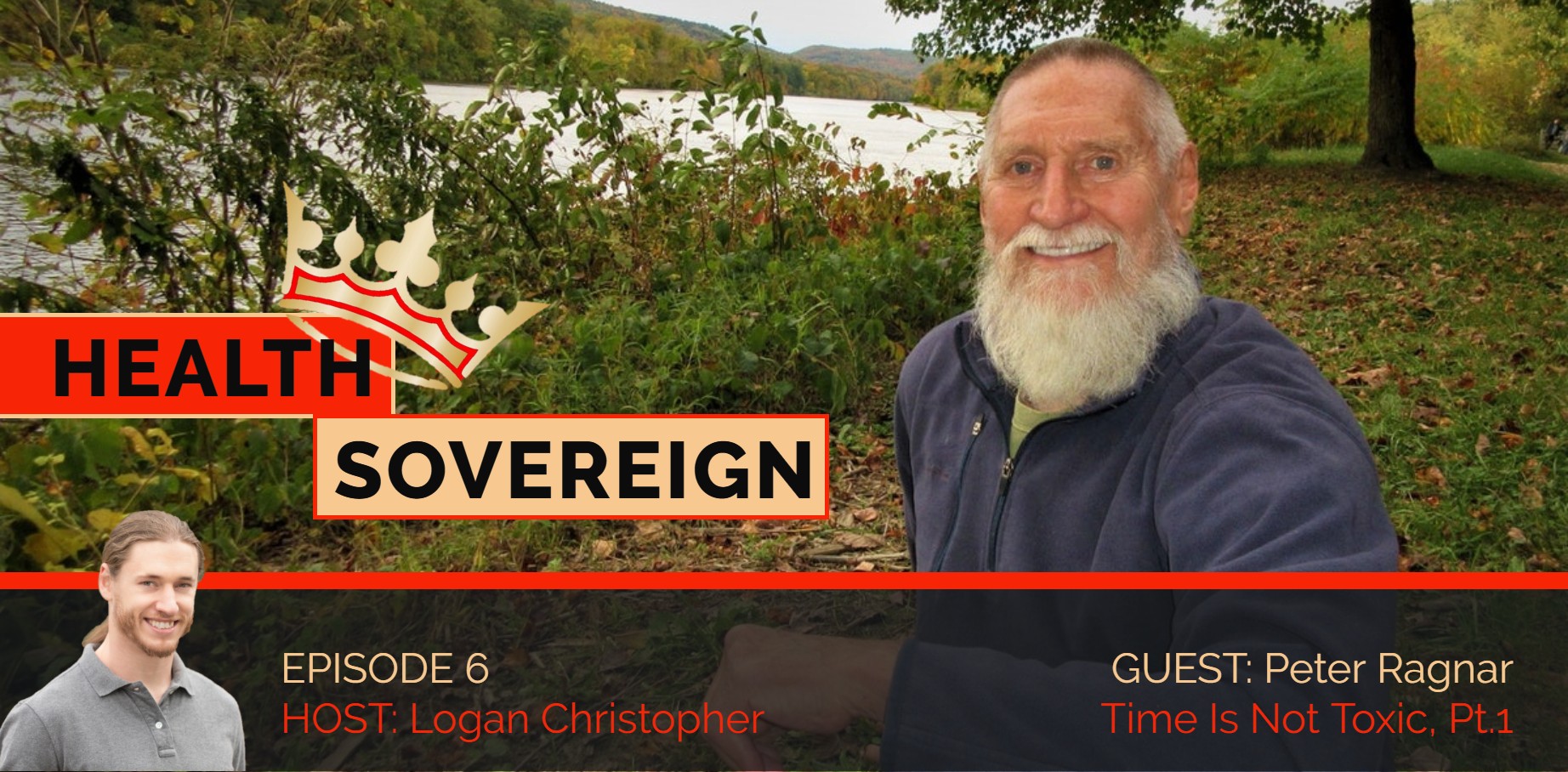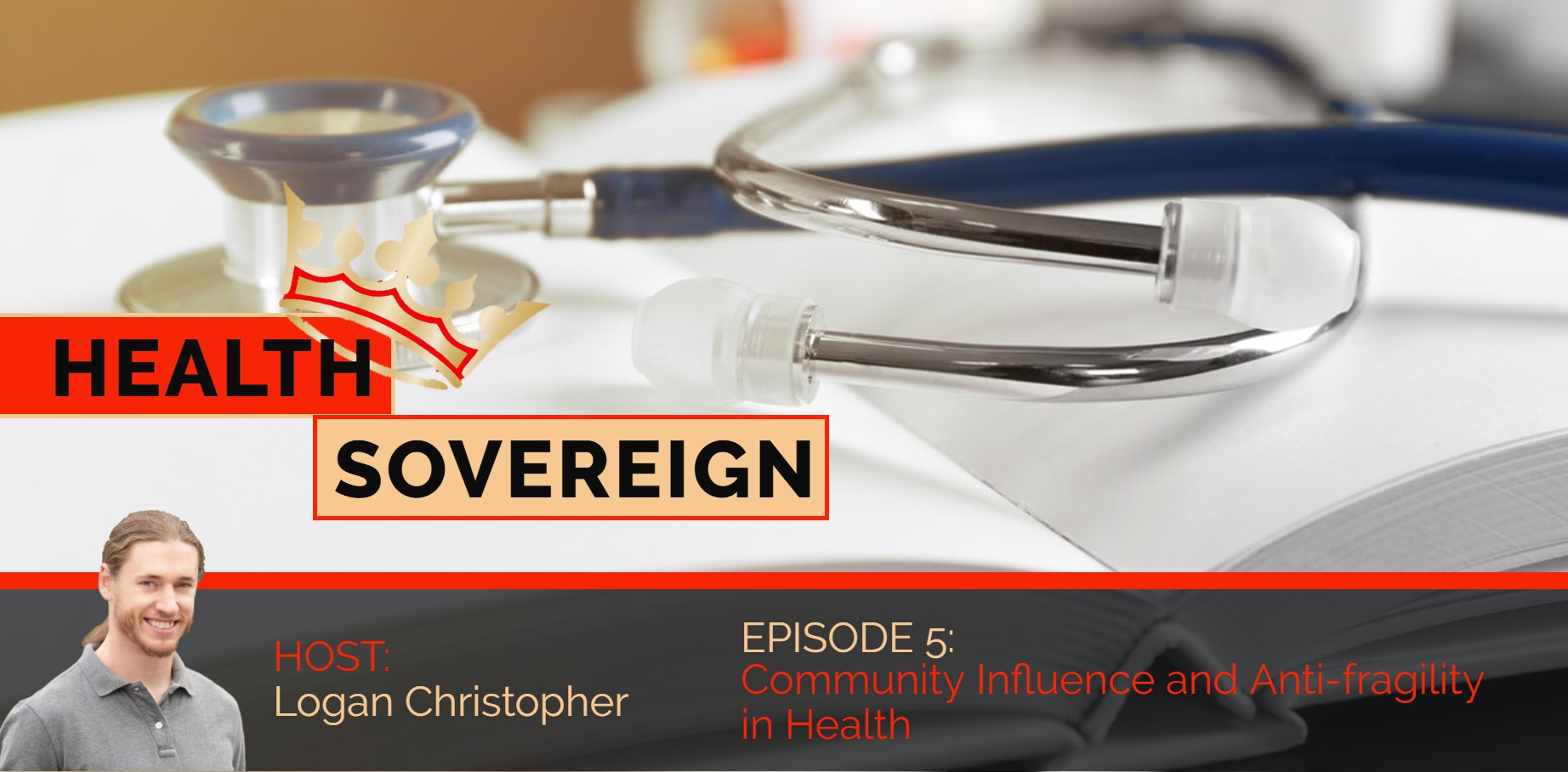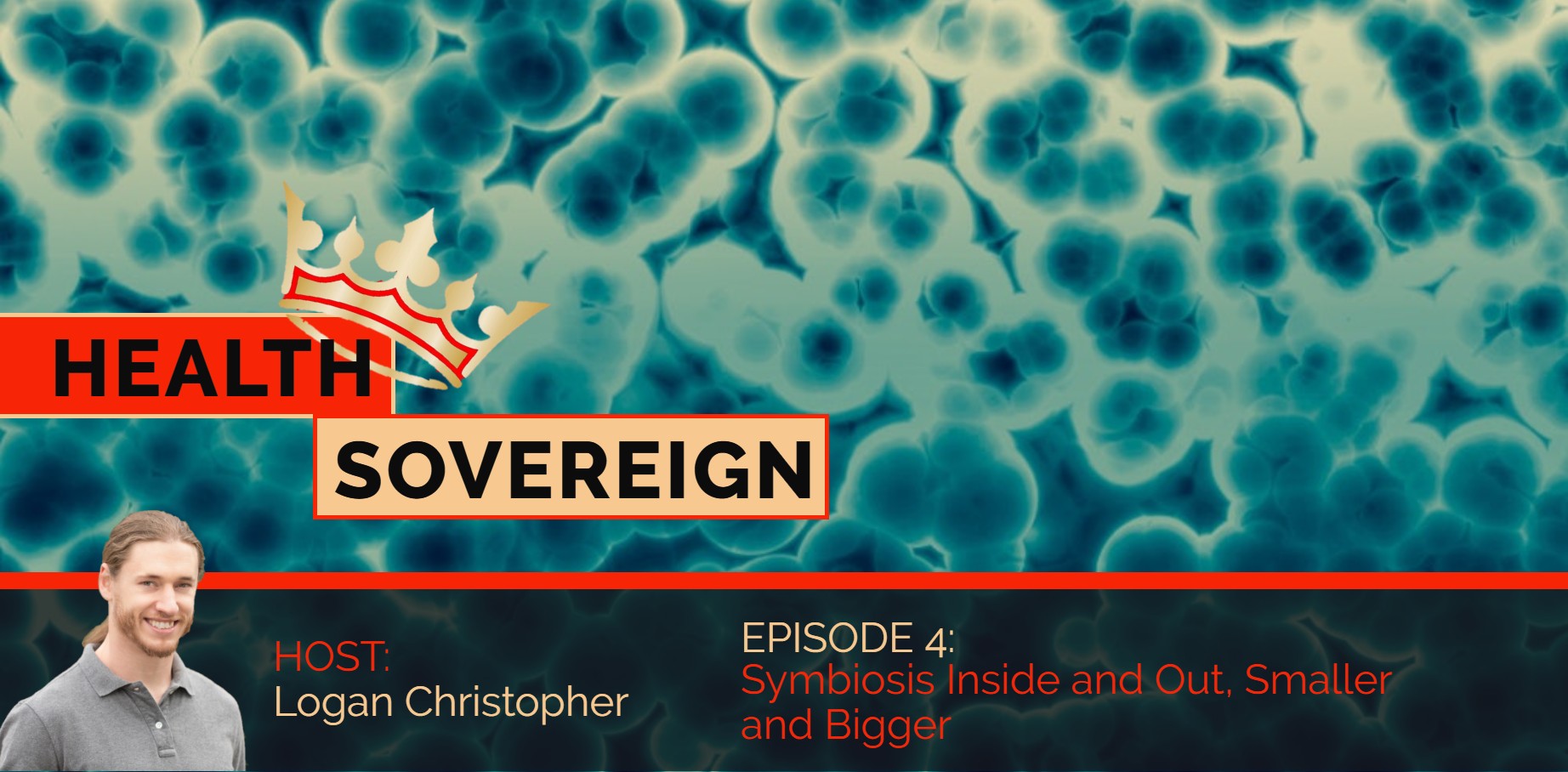In this episode, you’ll discover:
- The 3 energy centers parents can influence to raise happy, independent children. ([4:51])
- What singing teachers can teach you about reconnecting with your breath to manage your energy and become a healthier person. ([13:48])
- One question that lets you see whether you’re emotionally healthy or have some work to do. ([20:46])
- The 5-step process to deepen your connection to yourself and heal your inner child. ([25:46])
Did you enjoy the podcast? Let me know by leaving a short review and be sure to hit that subscribe button so you don’t miss any future episodes!
Ron Baker Bio
After performing over 60 leading roles in Broadway shows and opera around the world, Ron Baker was clear that outer achievements were not the most important keys to personal fulfillment. After filling in the missing gaps, he dedicated his life to helping others do the same.
Ron Baker is a self-mastery coach, author and healing practitioner—guiding thousands of clients from around the world through a unique process of personal transformation over the last 25 years through his School of Self-Mastery in NYC.
Ron has also led groups on 16 awesome journeys to sacred sites around the planet—in places like Egypt, Tibet, Peru and the British Isles. For those events, he has also organized worldwide meditations and has been joined by millions.
He has just completed two books: the first is a memoir called “So Much More is Possible: A Journey from Wounded to Wiser” that will be released in 2020.
You can learn more about him at RonBaker.net
or through his podcast and facebook group—“Empowered at Last with Ron Baker”
Follow Ron Baker on Facebook
Ron Baker YouTube
Logan Christopher: 00:19 “Logan IS the Health Sovereign.” That's the title of a review from Maverick_Sister.
“I’ve known Logan for years and followed his career. He brings so much knowledge to his podcast! Educating people on the current health model in the US is so important – and Logan is determined to tear down walls and break barriers to help as many people as possible.”
Thank you Maverick_Sister. And that is true, and I'm not doing it alone. I have great people doing this along with me like our guest today. We are continuing the conversation with Ron Baker.
Last week, we talked a lot about energy and how that works, everything that's involved there in energy and healing, and now we dive deeper into inner child work. Let's get started.
Logan: 01:02 I'd like to shift gears a little bit. So, in addition to this energy work, really, I mean, they're related, but you do a lot with working with the inner child, and this is something I've just dabbled in a little bit. But I was poking around on your website and you have a fantastic free meditation for this, so I definitely recommend people go check that out. I guess same kind of story—we started with the energy. Was it a similar sort of thing? How did you get into the inner child work?
Ron: 01:30 Yeah. Just since you mentioned the meditation that I have on my website, the website is RonBaker.net. It's net, not com, so that's the unusual thing about it. And please go and feel out the free meditations that are on the site.
So, when I first started working on people, I did massage to help relieve issues that people had grips in their muscles—let's just say somebody carried a bunch of tension between their shoulder blades—and I would move the energy. It would open; they would feel better. But then they would recreate it. And I would open it again, and then they would recreate it.
And so, I was like, You know what? I need to give them more information about why we hold energy in specific areas of the body. And as I began to inform people and they would go, Oh, that makes great sense for me and my life, and the way I grew up, etc., I was like, Okay, I'm going to shift the work and go much more to source-level rather than symptom-level healing.
So, I did a whole bunch of training and worked with teachers from many different approaches, and I put together my own system. Just a quick overview of that is what I discovered is that there are three levels of self. In simplicity, it is the child, the adult and the soul.
Most people have so little education about self, it is crazy. The main reason we're here is to have the journey of self, and yet I went to school for 20 years; I got three degrees, and not one course talked about self. My parents certainly didn't know how, just like all my clients don't have parents who knew how to teach them about self.
And so, I made my school of self-mastery, my main focus in life, and let go of the performing career, because it just was too important, and all the things I was discovering were so simple and practical, and helpful and nurturing.
The deal is this—all of us in the first eight years of our lives set up certain challenges for our lifetime. For me, I already shared earlier that my parents didn't really know how to resolve a lot of the things that were going on around us, particularly emotional challenges, and so, I was trying to figure it all out. This was a great motivation for me to eventually take my curiosity into true solutions with all of these various teachers.
And so, as I put it together in a simple system, I was like, every single person, no matter what gender, what race, what culture, what country, it doesn't matter, every single person develops in the same way growing up. We have seven energy centers and those open one at a time, and the first three that opened are physical, emotional and mental.
And if our parents know how to champion us and nurture us in nine specific ways, then we would learn to receive and we would feel safe, and we would trust our value and we would claim our individuality, and we would then blossom throughout every stage of our lives.
With almost no education about self and, therefore, very little education about the nine levels of nurturing self, then instead of trusting the value of who we are as an individual, instead of continuing to grow and blossom and trust our value, we end up carrying a lot of fear, shame and judgment and that child-level development.
Instead of becoming the wonder and the trust of a child, we become the defense, the fear, the protection, a survival approach to life, and we protect and bury anything we don't know how to deal with. So, we can grow into adult bodies, but we haven't even understood that our lives are still run by whatever the setup of our lifetime was in those first eight years. I call it our “soul curriculum.”
If I'm still trapped in fear, shame and judgment, I can be 30, 40, 50, 60 years old and still run by the fear, shame and judgment. And so, the work that I do is introducing to people at an adult level how to trust these nine nurturing needs.
When they understand that it is entirely possible to feel safe and connected, and acknowledged with compassion and clear guidance and support … when they have that level of education and experiential nurturing … then the adult begins to trust that more is possible than the wounded child learned how to trust.
And so, in order to then heal the whole thing, we go back to the child part of us that is still very much programmed in the nervous system like you would program a computer. Our nervous system became programmed. I teach people how to go back in and re-parent the inner child part of self so that we can release the fear, shame and judgment, and we can fill in the gaps of those nine nurturing needs—and it is remarkable to watch what happens because we can still learn.
I don't care how old we are. We can still learn to receive and trust, and claim our value and claim our individuality, and blossom into more and more of our authentic interests, priorities, and talents, and our lives become much more intimate, meaningful, fulfilling. So, there's a little bit about the inner child.
Logan: 08:21 Yeah. One of my favorite quotes from one of the founders of NLP, Richard Bandler said, “It's never too late to have a happy childhood.”
Ron: 08:31 Absolutely.
Logan: 08:32 Yeah. So, pretty much everyone, in your opinion, does every single person need this work? I mean, parents kind of screw up kids. It's kind of part of the journey here.
Ron: 08:41 The only reason parents screw up kids is because their parents did the same thing to them.
Logan: 08:47 Yeah, right.
Ron: 08:47 It's really just been passed-on limitation. So, how many times did our parents say, Oh my God, I've become my mother? If we are old enough to look back, we can see that we've become an iteration of our mother or father, because we imitate as children. We want to connect. We want to fit in. We want to feel safe, and, usually, that involves agreeing with Mommy and Daddy's comfort zones, or eventually defying Mommy and Daddy's comfort zones, but it still equals a focus on the same things, the same limitations.
Logan: 09:27 Right, it can go in [inaudible] direction.
Ron: 09:29 Yeah, it can go either way. And so, everybody does need this kind of work and to get connected to yourself, even physically. As an example, if I can do an exercise with everybody who's listening at the moment, are you connected to your physical body or not?
I'll give you a simple way to tune in at the moment. I'm going to say a word and I don't want you to change a thing. I just want you to pay attention to how this word applies to you. So, without changing a thing, focus on the word “breath.” How are you breathing? Don't change it.
I can almost guarantee from having done this with thousands of people around the world that almost everybody discovers that they're breathing really shallow, up in the high part of the chest, and not deep and full into the body. This is a great measuring stick that you carry fear, shame, and judgment, even if you bury it and you aren't even conscious of it because it's buried in your subconscious. This how I was for a long time.
And so, the bottom line is if you learn how to breathe in a truly healthy, nurturing way, the in-breath will show your nervous system you're safe to receive. And then, the out-breath, which almost nobody talks about, most people when I say, Okay, so take a deep breath, they'll take a deep breath and they'll fill up their chest, knockdown into the lower belly, and then the out-breath is so careful, it is remarkable. It barely comes out. I say breathe in the nose, breathe out of the mouth in the most proactive way possible.
So, I ask you, the listeners, to do that right now. In the nose, out the mouth. Almost everybody, if it translates through sound, almost everybody does something like (breathing) with the lips barely open, the teeth barely open. And now I'm going to do a healthy breath and hopefully, you'll be able to tell from the sound (breathing) … very different, open, proactive flow of air.
If I'm not even breathing, how can I connect and go to deep levels of nurturing or healing, or fulfillment? All of those things become possible. I'll give a quick benefit of that.
I have learned in my breathing and my nurturing of self, how to clear my fear, shame and judgment more and more and more. Health is something that has become a big topic on the planet, particularly with the volatile health insurance, and the system is not working so well and it costs so much money. I've gone for 20 plus years without getting sick at all, not even a cold, and it's because of moving energy, which starts with this breath.
So, all of that to say it is really important that we learn how to reconnect and re-parent that inner child.
Logan: 13:06 Yeah, I love your quote. Once again, I found this on the website, but your breath is a reflection of how ready you are to receive and give, and that emphasis on the out-breath because, I mean, I've written a book on breathing. I've been practicing breathing exercises a long time, but still you are giving some insight specifically around that that, on my out-breath, I was tightening up in the solar plexus there. So, yeah, it's a lifetime journey to learn this.
I have to ask, with your experience in singing and Broadway, and all of that, obviously breath is a big part of that, but I imagine even though you had that, there are so many more layers to go on the journey -
Ron: 13:43 Oh, definitely.
Logan: 13:44 - of softening the breath, I guess.
Ron: 13:46 Yeah, it's amazing. I studied with the two most famous baritone teachers in the world and neither of them taught me to breathe in the healthy way that I eventually taught myself, once I could feel and sense energy in this way. And so, yeah, there are lots of layers.
Logan: 14:05 Let me ask, with the inner child, and obviously you can kind of work with yourself at different ages, different people are going to have different results with that and kind of need to spend more time with it. Correct?
Ron: 14:19 Yeah …
Logan: 14:19 What's been your experience?
Ron: 14:21 Everybody has a lot of layers, way more than we've ever been taught because, I don't know about you, but I was never taught a single thing. So, imagine how many parts itself and how many years of squashed feelings we've moved through.
As an example, every time you grip in the solar plexus, whoever you are, and you press those feelings down and go, No, I don't want to feel that. No, I don't feel safe to feel that, the energy does not go away. It stores in the cells of our body. And so, we have to learn a healthy way to reconnect and nurture.
People go, Oh my God, it's going to feel like trauma again if I reconnect to those feelings. And I go, Nope, you are not in a traumatizing situation at all, and if you do it the way I teach, in my 25 years of teaching, not one single person has discovered a feeling that is traumatizing or threatening to them at all. You can release all of those old feelings because it's safe to feel sad. It's safe to cry and be vulnerable. It's safe to get the feelings out. It's safe as long as we are nurturing ourselves and not acting out our feelings on anybody else. And so, we can literally release the pressure cooker in a huge way just by learning these nurturing tools.
Logan: 15:48 And having done that inner child meditation that we talked about that's on your website, the other night, I had an interesting experience, recently gotten into the … back into the habit of meditating at night. I had a real strong morning routine for a long time, but wanted to do a second session.
So, as I was doing this, and I'm starting real small, just 10 minutes or so, as I was doing this. I started to get impatient, as often happens during meditation, and I kind of tuned in and recognized that it wasn't me so much, but it was actually inner child, a younger me that was impatient in the process right then and there. So, yeah, not having done a lot of inner child work, it was interesting to see that emerge during the process.
Ron: 16:31 Yeah. It's so interesting for people to discover that it's almost like having two people inside your body. People will go, Oh, that feels such and such. And I go, Huh, is that the child or the adult? And they go, I don't know. I don't know. And I go, Okay, we're right now in a very comfortable room. You're being nurtured. Is there any threat to your wellbeing whatsoever? And they're like, No, there's nothing threatening happening at all. I said, And yet your child feels impatient or frustrated, or threatened in some way. Trust me, that is the wounded history that's buried. Now show up to nurture that part of you like you wish Mommy and Daddy had known how.
And, of course, this requires certain tools that I've passed on, but the more we show up and realize that our adult is not nearly so threatened and that, in our adult lives, that wounded child keeps coming up like a nagging young person who is saying, Please see me. Please hear me. Please help me. Please give me some guidance. And we don't understand that it's the child part of our nervous system, and so, we just think we're always irritated and in a bad mood, and we don't even know why.
Logan: 17:54 I imagine it's got to be interesting, anytime something comes up, you probably have pretty good awareness of it now. It's like, Oh, this is my child or this is adult self, or you were saying earlier how you pick up on the energies of other people. So, is it like you can really feel where the different things come from with a lot of practice in doing such things?
Ron: 18:13 Yeah. As you practice, you learn. Before you go to any grade, the subject you're about to do doesn't make any sense to you at all. And then, three months in, it begins to make sense. Six months in, it makes much more sense, and by nine months in, typical school year, you have become so familiar with those things and developed certain skills that you can count on. To begin with, it didn't make any sense. Energy's the same way, learning to trust where the feeling is coming from.
Logan: 18:49 So, what would you recommend? Is there a simple way for people to start with this, or regular practice to engage and to get in contact with the inner child? Because sometimes they just don't even want to talk to you, right? They've been abandoned -
Ron: 19:01 Yeah.
Logan: 19:02 - for so long, they won't show up, yeah.
Ron: 19:05 The bottom line is if they don't show up in a meditation, it's only because they're afraid, and that's because in your childhood you learned to be afraid of certain things. And so, if Mommy and Daddy constantly negated your feelings, or made you wrong or criticized, then it takes time. It's like a puppy who's been kicked a handful of times and is hiding under a piece of furniture. Take some time for the nurturer to build trust with that part.
So, what can people do? First of all, I would encourage people to go and check out the free meditations as a place to start because it will give my voice and guidance as an example. And if you have other places you'd like to go, it doesn't have to be mine. I just happened to know that mine is clear, nurturing and helpful. So, go and get some guided meditations that focus on nurturing and feelings.
The second thing that I would encourage people to do is an exercise that we can do right now. Most people are not in touch with their physical body, which we just talked about with breath. Most people are also not connected to their emotional energy either. So, if you didn't grow up with your feelings, acknowledged, accepted, encouraged, then you might not have ever even learned how to identify feelings. You learn to bury them.
So, do a litmus test this moment. You can do it in a minute or so. Can you name five feelings right now in this moment that you are experiencing? I'm going to be silent for about 15 seconds here. Can you name feelings that are going on in you right now?
(Silence)
Most people cannot. They named one or two that are very common and habitual, and then they don't know how to name other feelings. I can give you a list of feelings, of course, but I'm going to just show you how simple it can be. Right now, in this moment. I feel open, willing, honest, generous, tender, simple, authentic, connected, grateful.
Now, all of those happen to be positive feelings because that's what I'm feeling at the moment. But if I had a frustrating situation, I could call out other feelings that don't happen to be going on for me at the moment. Those are just as safe.
Eventually, we want to be able to name feelings, moment to moment. And then, we want to learn how to nurture those feelings, how to give those feelings a voice and how to release the energy of those. So, we do need emotional education and that is a huge missing piece on the planet, and I assure you, it is a major factor to how passionate, purposeful and fulfilling you are going to be in your day-to-day life.
So, I deeply encourage people to begin to get education about itself, and how to connect and nurture yourself.
Logan: 22:48 I feel that even our language around the topic is quite limited. So, what would you say is the difference in emotions and feelings? One way I've looked at it is I kind of term feelings more to the sensory feeling in the body. For instance, if you had some kind of movement in the stomach, you could be interpreting that as anxiety or it could just be excitement, and the interpretation may be different even though the feeling is the same.
So, yeah, just anything you could point on that, because with the sensory-based feelings that’s along with energy, moving and flowing in the body, you may get a label that comes on that, but it can be different from the movement itself.
Ron: 23:34 Yeah, it's an interesting thing. It's a lot simpler than people make it, but if you just keep in mind that everything is energy—everything is energy—and everything wants to be in flow, and so, if you have a sensation in your stomach, it's usually because the energy flow is being gripped and blocked, and therefore you become aware of the friction of that movement against the grip.
That is a physical symptom, but it can come from fear of a feeling—Oh my God, I might have to experience feeling vulnerable. I might have to experience feeling not good enough. I might have to experience the feeling of deprivation and I don't want to feel any of those, so I grip—and then, you become first aware of the friction and the stomach issue.
So, the vocabulary of feeling versus emotion, it's a tricky one but it's quite simple. We have physical feeling and we have emotional feeling, so when we take in an experience through the five physical senses, it literally triggers chemicals in the body that become emotional experience. We tend to call them feelings, but it makes it tricky to what's a physical feeling. “I feel physically tired” versus “I feel sad or excited.”
I just named two emotional feelings and a physical feeling. We might as well call them all emotions. Most people don't have an emotional vocabulary. And so, all of it is feeling, thank goodness, because by having feeling, we find out where we can respond, where there is grip, where there is a pain, where there is fear. And so, the feelings give us a way to differentiate one experience from another.
Bottom line, breathe, honor your feelings, name your feelings, and get the nurturing support and guidance that you need in order to deepen your connection and healing of self.
Logan: 26:02 Yeah, I like those distinctions. Thank you for sharing on that. It seems to me that this emotional work in inner child work, I mean, it is reactive, in a sense, because we’ve all grown up with people, but this can be a really proactive way. People can be increasing their health, and, of course, not just physical health, although that will be a part of it, but across all the different layers of health that exists. It seems like a good practice worth putting in some effort into.
Ron: 26:32 Yeah. Even if you just practice healthy, proactive breathing, just one exercise, it is going to help with your physical health and your emotional health, etc. But it's really helpful to have clear tools, so that you can feel confident in how you continue to grow.
That's what I love about the work that I do more than anything—it gives people a clear approach to their lives, so they can take it as far as they want to, and they can keep growing, deepening, expanding, improving and enhancing. But it's not because they have to. It's not because they aren't lovable at the levels that they start in. It's just, oh my God, if it can keep getting better and better and better, why would I not do that? So, we need tools and a clear approach in order to make that possible.
Logan: 27:29 Yeah. I want to touch on, because we talked about the child, the adult and the soul levels, so you talked about soul purpose and I was thinking of the questions like, How many people do not really go after their soul purpose because of some health issues, in the first place? But, on the flip side, how many people, their soul's purpose gets attached to some sort of health issue, either a crisis they went through or people close to them did? I thought that was interesting.
Ron: 27:54 Yeah. I think that so often people associate the word purpose with their career and that's my purpose in the world. It's cool to have a career that invests and that touches lives. It's wonderful. But mostly our soul purpose is to learn how to love, how to love and value. How do I love myself? If I don't learn how to love and value myself, how am I going to enjoy any part of my life? I'm going to be apologizing and compensating, and worrying. It's just not fun.
So, the main purpose that we all share is learning how to get in touch with self, and how to love and value, starting with self. Then, that amazing individuality that wants to awaken and blossom, and the specific interests that we have, guide us into certain arenas. And then, we can be generous in how we give and explore, and evolve whatever those arenas happen to be.
I had some initial ones in the performing arts, and that gave me a way to express myself and it gave me a way to get a world education performing all over the world. But it wasn't fulfilling without a sense of self. And so, I used it to compensate and I had a clear purpose, and people would say, Oh, you're so lucky. You have a specific talent that gives you such a clear purpose. And I'm going, Okay, yeah, I'm really grateful that I have that talent, but I'm telling you I was miserable through the majority of my performing career because I didn't have a trusted inner sense of self.
I wish I could go back and do a lot more performing now while I have that inner sense of self to enjoy the experience that much more. And I occasionally do, but not too often. So, purpose is a big subject, and if you keep in mind that the source level itself, and then the expression of self is just how we plug ourselves into various parts of life.
Logan: 30:19 I really like that, the universal purpose we all share. So, for all those people, it's like, Oh, I don't know my purpose in life, you can at least start there and then [crosstalk] the rest will unveil.
Ron: 30:30 Believe me.
Logan: 30:31 Thank you so much, Ron. This has been a fascinating discussion. I really do encourage people to check out your website, RonBaker.net where you can find that free meditation for getting in touch with your inner child, along with a few other things there. Is there anywhere else you want to point people to you or other things on your website you want to point out?
Ron: 30:50 They can find most things on my website, such as there are 50 videos there that they can go and watch that are also on YouTube through a podcast that I do on and off called Empowered At Last. But you can find everything pretty much anchored there at RonBaker.net.
Logan: 31:12 Excellent. Thank you so much, Ron. It was an honor to have you on here, and thank you for the healing you have provided me and for the healing work you’ve provided many other people, as well as this education. Very much appreciated.
Ron: 31:24 You got it. Thank you so much, Logan.
Logan: 31:27 Forget fat. How about you base your health on sound principles that have existed for millennia? That's what my book, Powered by Nature: How Nature Improves Our Happiness, Health, and Performance, is all about.
If you want a special deal, my company, Lost Empire Herbs, will give you a $30-gift-card to buy a $20-book. Plus, every sale will support indigenous people in the Amazon rainforest, too. Find out more and pick up your copy at PoweredByNatureBook.com.
